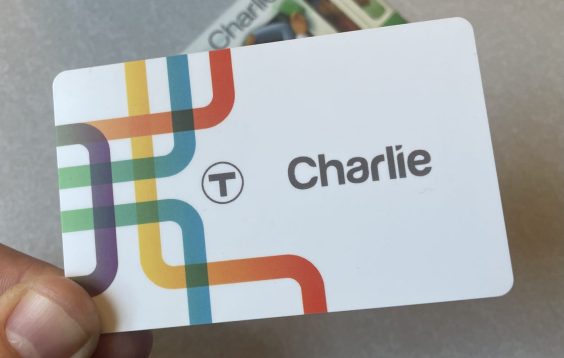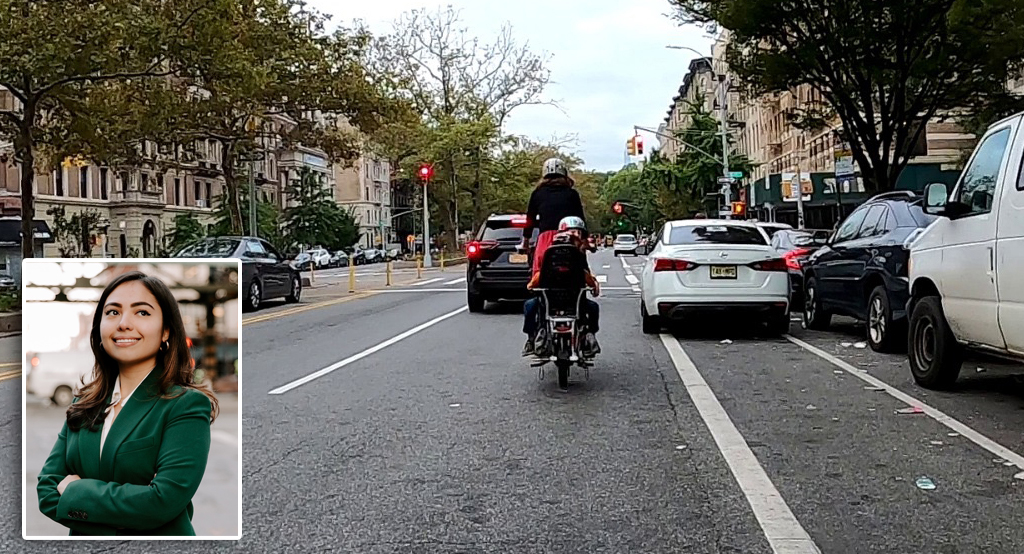When Albany wrapped up its budget negotiations at the end of March, all the congestion pricing hype from Andrew Cuomo about finally making tough decisions went out the window. Instead, the governor and legislative leaders opted for an easy but ineffective surcharge on for-hire vehicles.
The failure to enact congestion pricing was a setback for the whole city, but no borough got a worse deal than Manhattan. Two-thirds of the costs of the new fees will fall on Manhattan residents, according to analyst Charles Komanoff, but they won't get much traffic reduction out of it.
And yet, as this deal was being negotiated, Manhattan elected officials didn't make a peep. At no point did they hold a rally, shake up the news cycle, or draw public attention to the deficiencies of the surcharges as a stand-alone revenue measure.
It was nothing like the playbook you see from David Weprin and his Eastern Queens buddies. Whenever they sense the slightest whiff of political momentum for congestion pricing, Weprin and company stage a press event to jam it up and complain about a violation of their mythical right to drive for free.
But Manhattan's delegation to Albany just let a truly raw deal for their constituents glide through the budget process without contesting it in public.
To be clear, a few Manhattan representatives were unambiguously in favor of congestion pricing the whole time, including Robert Rodriguez and Dan Quart in the Assembly and Liz Krueger, Brad Hoylman, and Brian Kavanagh in the State Senate. They at least went on the record to say they expect better.
As members of the Senate minority, Krueger, Hoylman, and Kavanagh weren't in a position to influence the budget. The same can't be said of Manhattan's Assembly delegation.
So Streetsblog contacted the Assembly members who represent parts of Manhattan below 96th Street, where the new taxi surcharges will apply: Quart, Glick, Yuh-Line Niou, Richard Gottfried, Rebecca Seawright, Linda Rosenthal, and Danny O'Donnell.
Of the seven, only Quart clearly expressed dissatisfaction with the result.
Glick, who's never supported congestion pricing, defended the taxi fees and blamed the legislature's inaction on Mayor de Blasio.
We never heard back from Niou, of Lower Manhattan, who declined to endorse the policy and called for a litany of exemptions when Streetsblog contacted her in January. West Siders O'Donnell and Gottfried, who has similarly trumpeted the need for exemptions, both declined to comment.
All of them represent districts where the vast majority of people don't own cars, streets are overrun by motor vehicle traffic, and constituents will pay a disproportionate share of the new fees.
Seawright, who represents the Upper East Side, sent a statement accepting Cuomo's position -- that congestion pricing will be enacted next year -- at face value. She did not explicitly say that she wants to pass the cordon toll Albany failed to include in this year's budget:
The Governor’s Congestion Pricing Plan will not take effect until January 2019. What was passed in the budget only represents one phase of the three-phased Fix NYC plan that was originally proposed, so I would like to see improvements made to address outstanding concerns not included in the budget. This gives us time to revisit and rework legislation to make sure the final plan is equitable for all New Yorkers in every borough including the most vulnerable.
Rosenthal, of the Upper West Side, noted her longtime support for congestion pricing and the Move New York plan.
I am a co-sponsor of the Move-NY plan legislation, and since the Bloomberg days, I have supported a robust congestion pricing plan because it will more fairly spread the burden of generating revenue among all users of the road, not merely a select few. In addition, it would alleviate traffic, reduce emissions and encourage use of mass transit. The surcharge must be viewed as a first step in a multi-step plan to implement full congestion pricing so we can save our subways, buses, roads and the environment.






